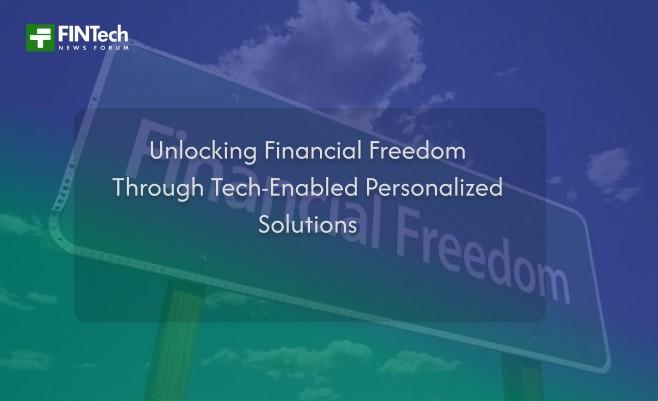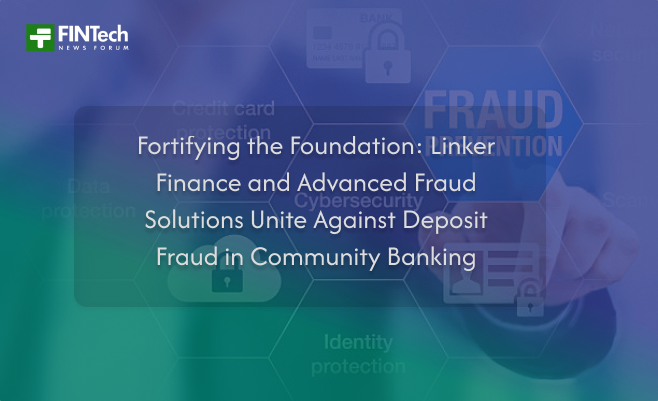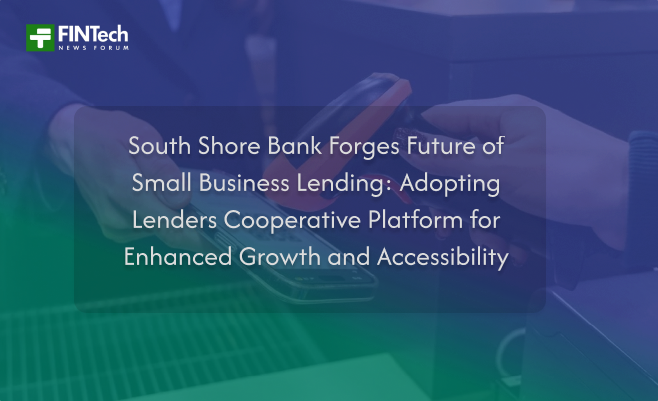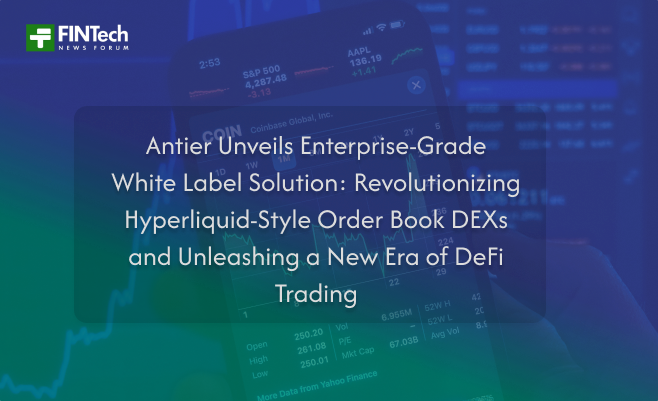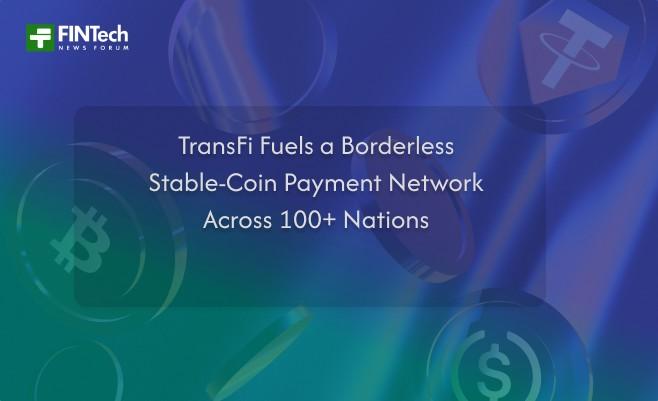
Introduction – A New Chapter in Global Payments
For decades, the world has grappled with a simple paradox: money moves easily inside borders, but crossing a frontier still feels like navigating a maze of banks, correspondent relationships, and regulatory gate‑keepers. The friction shows up in delayed settlements, hidden fees, and foreign‑exchange volatility that eat into the value of every transaction.
Enter TransFi, a fintech platform that is rewriting the rules of cross‑border commerce. By harnessing a purpose‑built stable‑coin and a decentralized payment rail, TransFi now powers a truly borderless network that is active in more than 100 countries. The result is a payment experience that feels domestic, regardless of where the sender or receiver lives.
This post dives deep into the mechanics, the value proposition, and the broader implications of TransFi’s network. Whether you are a merchant, a developer, a regulator, or simply a curious observer, you’ll find a clear picture of why this development matters and how it could reshape the global financial landscape.
The Vision Behind TransFi
From “Money‑as‑a‑Service” to “Payments‑as‑Infrastructure”
TransFi started as a boutique solution for high‑frequency traders who needed instant settlement without the volatility of traditional cryptocurrencies. The founders quickly realized that the same technology could solve a far broader problem: the inefficiency of international payments for everyday commerce.
Their manifesto can be summed up in three pillars:
- Stability – Users must trust that the coin will retain its peg to a major fiat currency (currently USD) with minimal deviation.
- Speed – Transactions should settle in seconds, not days.
- Universality – The network must be accessible to anyone, anywhere, on any device.
By embedding these principles into both the token design and the underlying protocol, TransFi has built a platform that can act as a global settlement layer for merchants, freelancers, NGOs, and even sovereign entities.
Why a Stable‑Coin?
Volatile cryptocurrencies like Bitcoin or Ethereum make spectacular headlines, but their price swings are a liability for commerce. A stable‑coin pegged 1:1 to a widely accepted fiat currency eliminates exchange‑rate risk while preserving the programmable nature of digital assets. TransFi’s token-TFS-is fully collateralized, audited, and governed by a transparent on‑chain treasury that automatically adjusts reserves to maintain the peg.
How Stable‑Coins Enable Borderless Payments
The Traditional Model vs. TransFi’s Model
| Traditional Cross‑Border Flow | TransFi Borderless Flow |
|---|---|
| Sender → Local Bank → Correspondent Bank → Central Bank → Receiver’s Bank | Sender’s Wallet → TransFi Node → Smart‑Contract Settlement → Receiver’s Wallet |
| 2–7 business days (often longer) | < 5 seconds (average) |
| Multiple FX conversions, 3–5% total fees | Single‑hop conversion, 0.3–0.5% total fees |
| Limited visibility, manual reconciliation | Real‑time ledger, automated reconciliation via APIs |
By eliminating the need for correspondent banks and multiple FX conversions, TransFi reduces both time and cost dramatically. The stable‑coin acts as a universal carrier; once issued, it can be transferred instantly across any jurisdiction that participates in the network.
The Role of Distributed Ledger Technology
TransFi runs on a permissioned, high‑throughput blockchain optimized for financial settlement. The ledger offers:
- Finality within seconds – No probabilistic confirmations; once a block is sealed, the transaction is immutable.
- Scalability – Capable of handling > 15,000 TPS (transactions per second) without compromising latency, thanks to parallel shard processing.
- Interoperability – Built‑in bridges allow seamless conversion between TFS and other digital assets, such as local stable‑coins or central‑bank digital currencies (CBDCs).
Architecture of the TransFi Network
1. Node Federation
TransFi’s network is anchored by a federation of vetted financial institutions, telecom operators, and fintech providers. Each node runs the consensus client, validates transactions, and provides local fiat on‑ramps/off‑ramps. The federation model balances decentralization (no single point of failure) with regulatory compliance (known entities are accountable).
2. Smart‑Contract Settlement Engine
At the heart of every payment lies a suite of audited smart contracts that:
- Lock the sender’s TFS in escrow.
- Trigger FX conversion if the receiver prefers a different fiat base (e.g., USD → EUR).
- Release the appropriate amount to the receiver’s wallet instantly.
The contracts are upgradeable via a multi‑signature governance process, ensuring that new features (such as compliance filters or fee structures) can be introduced without disrupting service.
3. Fiat On‑Ramp / Off‑Ramp APIs
Local partners integrate TransFi’s SDKs into their existing banking apps, mobile wallets, or point‑of‑sale (POS) terminals. The flow looks like:
- User deposits local fiat → Partner validates KYC → Issues equivalent TFS.
- User initiates a payment → Transaction recorded on‑chain.
- Receiver redeems TFS → Partner converts to local fiat and credits the account.
Because each partner handles the fiat leg, TransFi avoids direct exposure to regulatory constraints in every jurisdiction while still delivering a seamless user experience.
4. Compliance Layer
A real‑time monitoring engine scans every transaction for AML/CTF red flags. The system leverages:
- Rule‑based filters (e.g., transaction amount thresholds, high‑risk jurisdiction flags).
- Machine‑learning models that detect anomalous patterns.
If a transaction triggers an alert, it is routed to a human analyst for review before final settlement, preserving both speed and security.
Key Benefits for Users and Merchants
For Consumers
- Predictable Costs – The flat‑rate fee structure eliminates surprise markup.
- Instant Access – No need to wait for banking hours; payments succeed 24/7.
- Currency Choice – Users can hold TFS, USD, or local stable‑coins, converting only when needed.
For Merchants
- Reduced Chargebacks – Cryptographic settlement is irreversible, protecting sellers from fraudulent reversals.
- Global Reach – A single integration enables acceptance of payments from any of the 100+ supported countries.
- Simplified Accounting – Real‑time, on‑chain receipts feed directly into ERP systems, automating reconciliation.
For Enterprises and NGOs
- Transparent Fund Flow – Every movement of money is recorded on a public ledger (with privacy‑preserving features), facilitating audits and donor reporting.
- Programmable Disbursement – Smart contracts can enforce conditional releases (e.g., milestone‑based payouts for contractors).
Navigating the Regulatory Landscape
Multi‑Jurisdictional Approach
Operating across more than a hundred sovereign territories means confronting a patchwork of regulations: licensing, AML/CTF, data protection, and, increasingly, rules governing stable‑coins themselves. TransFi’s strategy hinges on three core actions:
- Local Partner Licensing – By working through licensed financial entities in each market, TransFi inherits the necessary authorizations without having to obtain a separate license in every country.
- Dynamic Compliance Rules – The compliance engine pulls real‑time regulatory data (e.g., sanction lists, FATF recommendations) and automatically adapts transaction filters.
- Engagement with Regulators – TransFi maintains an open dialogue with central banks and supervisory agencies, providing transparency reports and participating in sandbox programs to test new features safely.
The Stable‑Coin Regulatory Gap
Many jurisdictions have yet to codify a clear definition for stable‑coins. TransFi addresses this uncertainty by:
- Full Collateral Transparency – Daily proofs of reserve are posted on‑chain, audited by third‑party firms recognized by regulators.
- Governance Controls – Token supply is strictly tied to collateral inflows/outflows, preventing over‑issuance.
- Consumer Protection Measures – A built‑in escrow for disputed transactions and a clear redemption pathway to fiat ensure user confidence.
Security and Trust – Foundations of a Global Network
Cryptographic Safeguards
- Zero‑Knowledge Proofs – Sensitive user data (e.g., identity documents) are verified off‑chain, with only proof of compliance stored on the ledger, preserving privacy.
- Multi‑Signature Custody – TFS reserves are held in multi‑sig vaults spread across geographic regions; no single actor can unilaterally move funds.
Resilience Against Attacks
- Byzantine Fault Tolerance – The consensus algorithm tolerates up to one‑third of malicious nodes without compromising finality.
- DDoS Mitigation – Traffic is distributed through a global content‑delivery network (CDN) and throttling layers, ensuring service continuity even under attack.
Audits and Transparency
TransFi undergoes quarterly on‑chain audits and publishes a “State of the Network” report that details transaction volume, fee distribution, and reserve ratios. The community can verify these metrics independently, creating an ecosystem of trust that is hard to counterfeit.
Real‑World Use Cases
1. E‑Commerce Marketplace Expansion
A Southeast Asian online marketplace integrated TransFi’s SDK to accept payments from European buyers. Within weeks, the platform reported a 27 % increase in cross‑border sales, primarily because shoppers no longer faced lengthy bank transfers or high FX fees. Merchants received settlement in their preferred local fiat within seconds, eliminating cash‑flow bottlenecks.
2. Gig‑Economy Payroll
A global freelancing platform with workers in Africa, Latin America, and Eastern Europe switched to TFS for hourly payouts. Freelancers now receive earnings instantly after a client approves work, rather than waiting 3–5 business days for traditional wire transfers. The platform also saved 0.8 % per transaction in fees, translating to millions of dollars annually.
3. Humanitarian Aid Distribution
An international NGO deployed a TransFi‑powered disbursement program to deliver relief funds to families in conflict‑affected zones. By issuing TFS vouchers that could be redeemed at local partner kiosks, the NGO bypassed damaged banking infrastructure and ensured that aid reached beneficiaries within hours of approval.
4. Supply‑Chain Financing
A multinational manufacturer used TransFi to settle invoices with suppliers across Asia, Africa, and the Americas. The instant settlement eliminated the “payment lag” that traditionally forced suppliers to borrow against receivables, reducing overall supply‑chain financing costs by 15 %.
Challenges and the Road Ahead
Scaling Beyond 100 Countries
While the network already covers a broad swath of the globe, expansion into regions with limited internet connectivity or stringent capital controls remains a hurdle. TransFi is tackling this by:
- Developing offline transaction protocols that can sync once connectivity is restored.
- Partnering with local telecoms to embed payment capabilities directly into USSD or SMS services.
Competition from CBDCs
Many central banks are launching their own digital currencies, which could potentially compete with private stable‑coins. TransFi’s response is two‑fold:
- Interoperability – Bridges to CBDCs are already under development, allowing seamless conversion between TFS and any sovereign digital currency.
- Value‑Added Services – The network offers programmable features (escrow, conditional release, loyalty incentives) that pure CBDC platforms may lack initially.
User Adoption and Education
Mass adoption requires not only a functional product but also trust and understanding. TransFi invests in community outreach, localized educational content, and on‑ground workshops to demystify stable‑coins and blockchain for everyday users.
Ongoing Regulatory Evolution
Regulators worldwide are still defining the legal status of stable‑coins. TransFi maintains a proactive compliance team that monitors legislative changes, updates smart‑contract logic, and works with policymakers to shape sensible standards.
Conclusion – A Blueprint for a Truly Global Money System
TransFi’s borderless stable‑coin network demonstrates that the promise of frictionless, instant, and inexpensive international payments is no longer an abstract vision-it is a working reality. By fusing a fully collateralized stable‑coin with a permissioned, high‑throughput blockchain and a federation of trusted local partners, TransFi has built a payment infrastructure that feels as natural as tapping a card at a local store, even when the counterpart resides on the other side of the planet.
The impact ripples across every stakeholder:
- Consumers enjoy predictable costs and real‑time access to their money.
- Merchants gain a single, universal payment rail that expands market reach without added complexity.
- Enterprises and NGOs receive transparent, programmable tools that reduce operational overhead and improve accountability.
- Regulators see a compliant, auditable system that respects local laws while fostering financial inclusion.
As the network continues to scale, integrate with emerging CBDCs, and refine its compliance and security layers, it stands poised to become the backbone of a new era of global commerce-one where borders are no longer a barrier to the flow of value.



